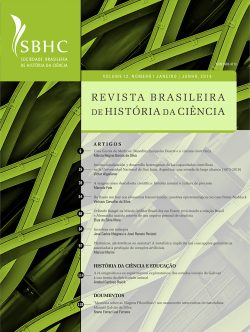From nuclear fission to the transuranic elements
epistemological issues in the Fermi-Noddack case
DOI:
https://doi.org/10.53727/rbhc.v12i1.41Keywords:
prematurity of scientific discovery, nuclear fission, axiology of scienceAbstract
With the publication of Einstein’s 1905 article on the equivalence between mass and energy a new research program began. Attempts to confirm the theory required the bombardment of atomic nuclei, culminating in the 1940s with the vindication of the discovery of nuclear fission. The Italian physicist Enrico Fermi would have obtained such a result in his laboratory in Rome before the German group of Hahn, Strassman and Meitner. Still, he denied the nuclear fission hypothesis, presented years earlier by German chemist Ida Tackle Noddack, and proposed the discovery of transuranic elements to explain his experimental results. In this article we investigate what led Fermi to reject the Noddack hypothesis. We will argue that only a complex approach combining multiple factors can bring us closer to a bolder historic understanding of social reality of scientific research.
Downloads
Downloads
Published
Issue
Section
License

This work is licensed under a Creative Commons Attribution-NonCommercial-NoDerivatives 4.0 International License.



















